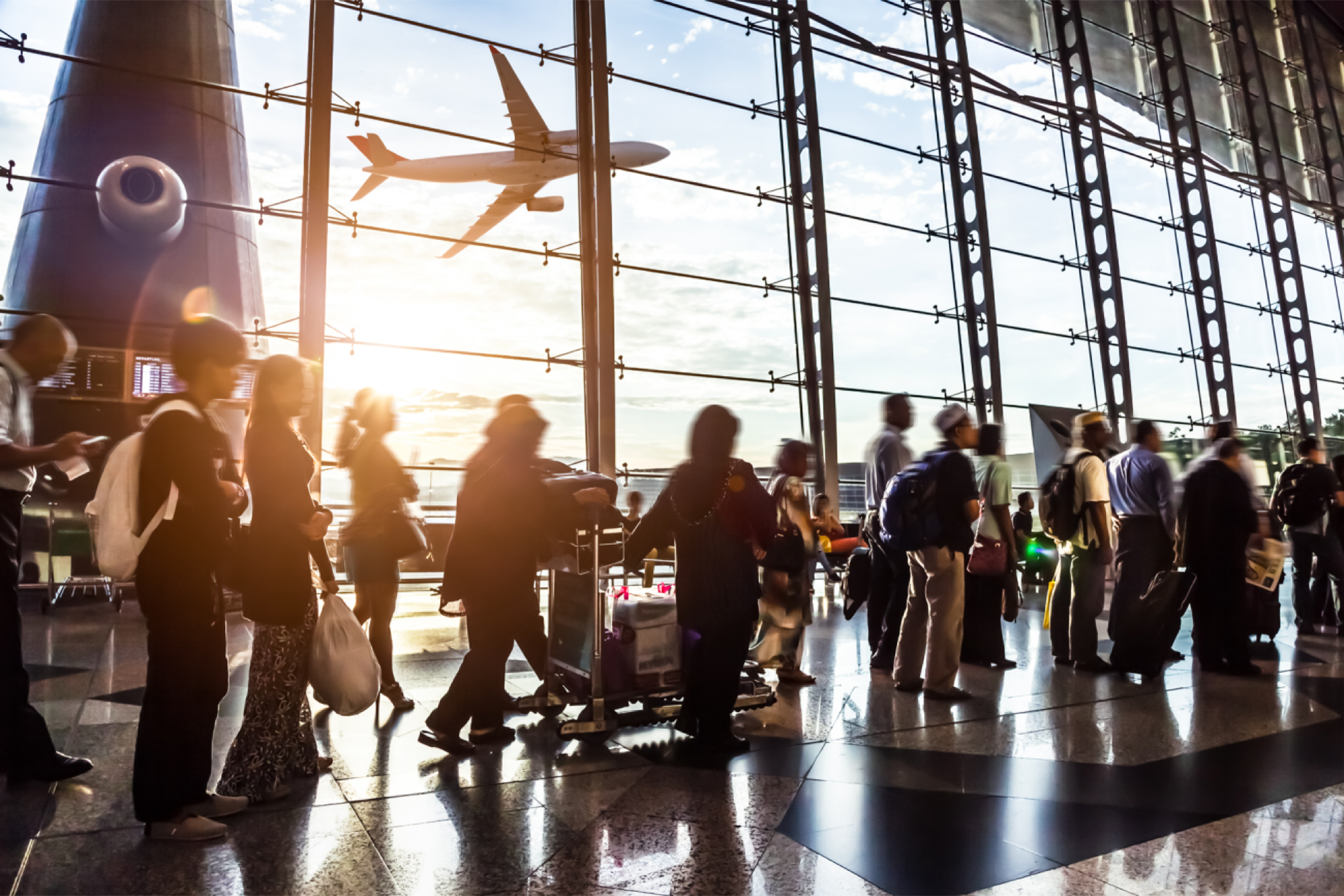What Does the Travel Ban Mean for the U.S. Tourism Industry?A new study says that it could contribute to slowed growth in the sector in 2017.
ByNina Zipkin•

To date, President Donald Trump's two executive orders banning citizens from Muslim-majority nations are not in effect -- a freeze on the first was upheld in a ruling by the Ninth Circuit Court of Appeals, and the second was temporarily restrained by a federal court inHawaii.
But since President Trump signed the first order in January, many have speculated about the potential for the restrictions to induce a general feeling of uncertainty for travelers -- particularly those traveling to and from the U.S.
Now, new research indicates that the travel bans -- or the efforts by the Trump administration to instate them -- could weaken the growth of the country's travel industry as a whole.
Related:Trump Travel Ban, Even While Blocked, Casts Long Shadow Over Immigrant Entrepreneurs
The World Travel & Tourism Council, an advocacy group for the travel industry, and business consulting firm Oxford Economics have released their annual report, which explores the state of global travel and tourism. Researchers found that in 2016, theUnited Stateshad the most robust travel sector in the world. While the U.S. remains at number one, the study reports that inbound travel to the U.S. could decrease in part due to "the strength of the dollar and anti-foreign sentiment."
Last year, the travel and tourism industry made up 8.1 percent of the U.S. GDP. It supported more than 14 million jobs, or 9.4 percent of the country's total employment. In 2017, "growth is expected to be 2.3 percent, slower than the rate of 2.8 percent in 2016."
Related:The Big Changes Proposed in President Trump's 2018 Budget
However, outbound travel is on track to grow by 5.4 percent this year. Due to the strength of the U.S. dollar, it will be less expensive to travel abroad, and the study forecasts that the most likely destinations for U.S. travelers will be countries in the Caribbean and Mediterranean as well as Canada and Mexico.
The researchers predict that the amount of money spent by foreign tourists in the U.S. will drop by 0.6 percent from 2016 to 2017 because of the exchange rate. Questions persist about whether the perception of America abroad will present further economic impacts.










